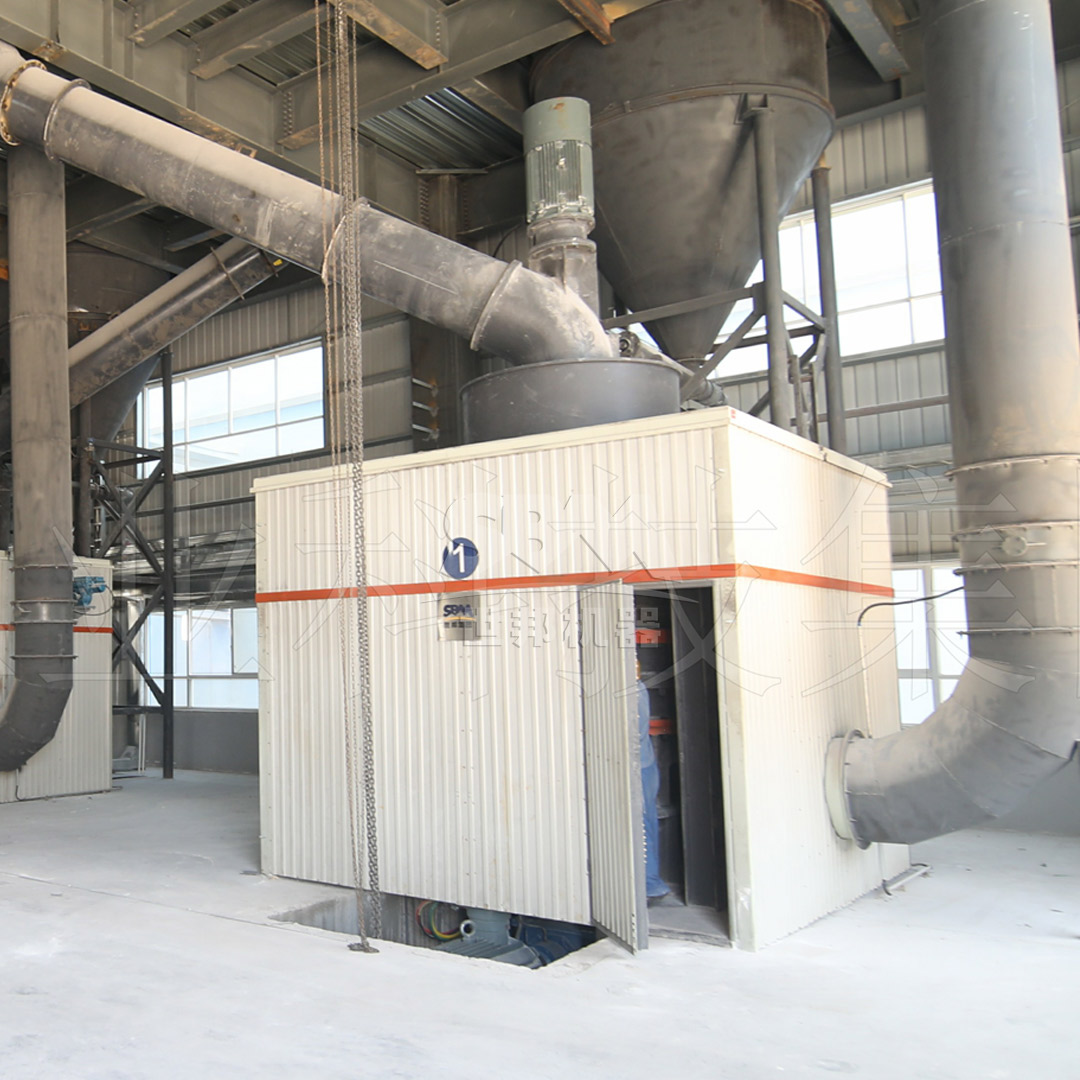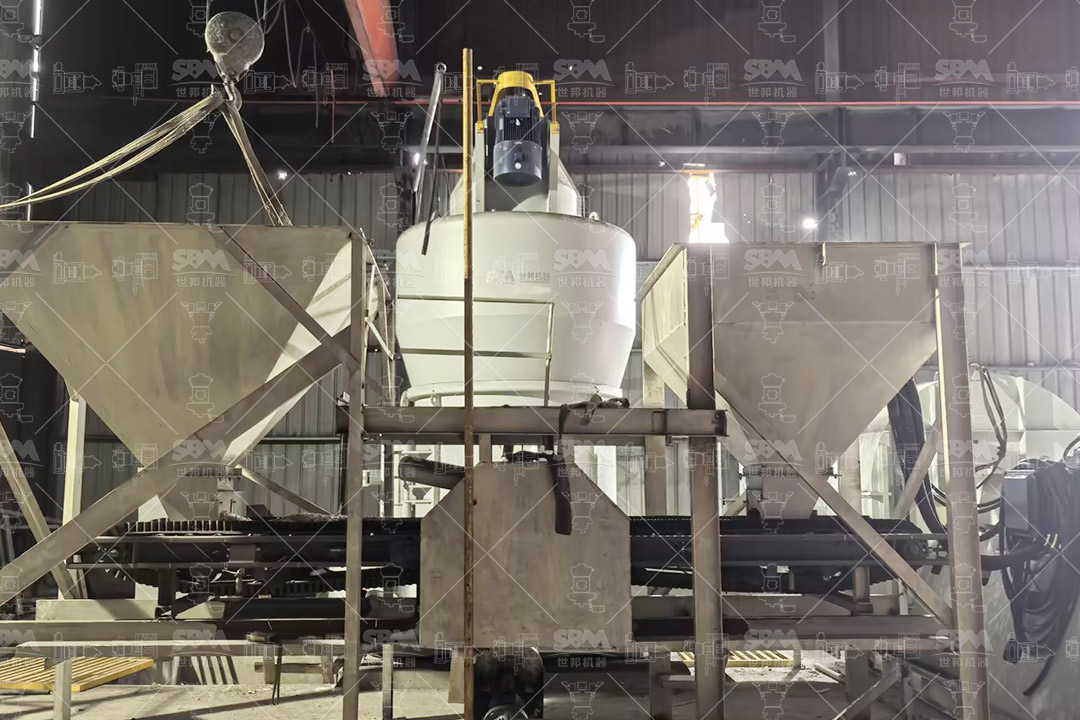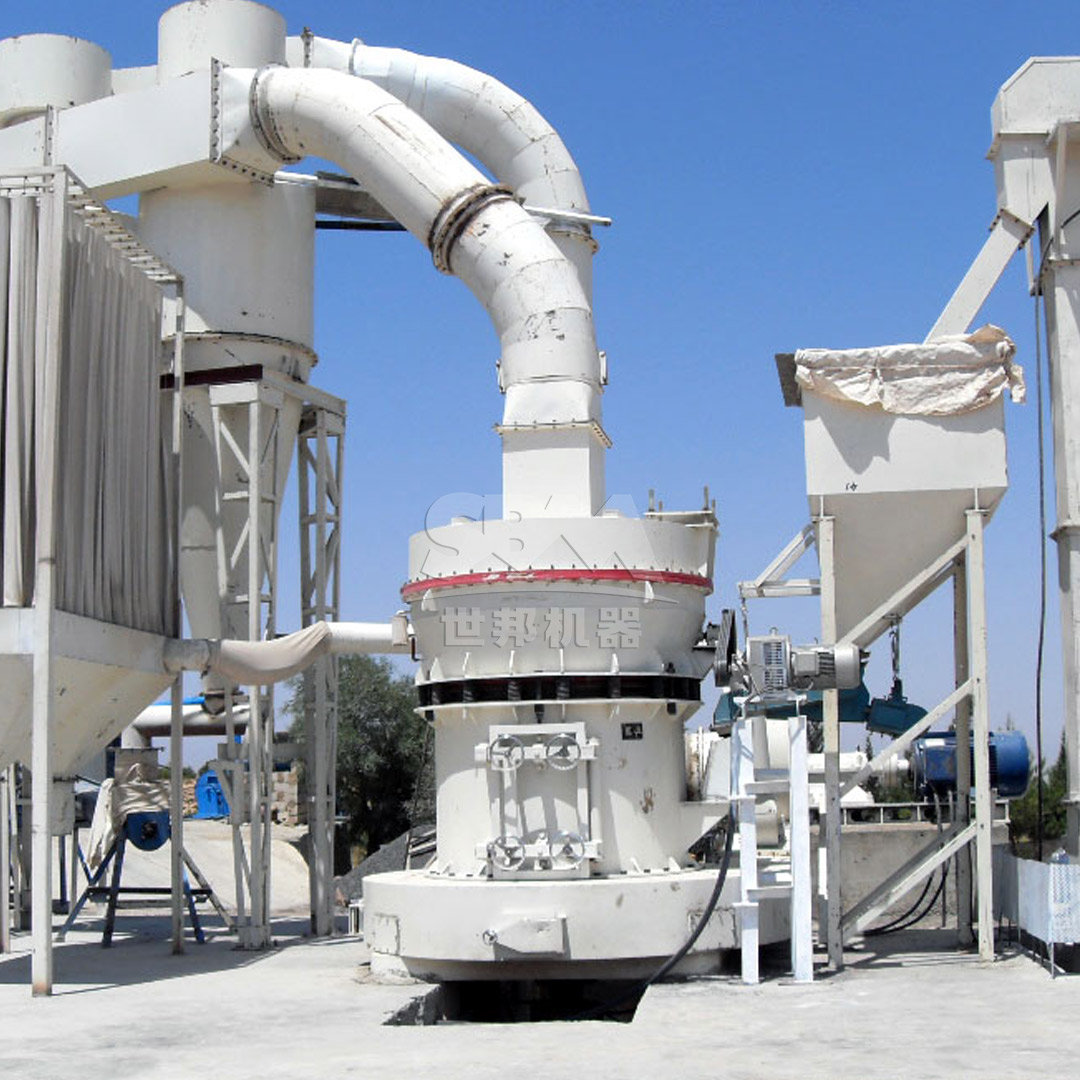Dolomite, a calcium magnesium carbonate mineral (CaMg(CO3)2), plays a pivotal role in the refractory industry due to its high melting point, excellent thermal stability, and resistance to basic slags. When processed into fine powders, dolomite enhances the performance of refractory materials used in high-temperature applications such as steelmaking, cement kilns, and glass furnaces. This article explores the processing techniques, key properties, and industrial applications of dolomite powder in refractories, with a focus on advanced grinding technologies that ensure optimal particle size and purity.
The quality of dolomite-based refractories heavily depends on the particle size distribution, purity, and thermal treatment of the raw material. Processing involves several stages: crushing, grinding, calcination, and classification. Initial crushing reduces mined dolomite to manageable sizes (typically ≤50mm), followed by fine grinding to achieve the desired fineness. Calcination at temperatures around 900-1000°C decomposes dolomite into calcium oxide and magnesium oxide (CaO and MgO), enhancing its refractory properties. Finally, classification ensures uniform particle size, critical for product consistency.
Efficient grinding is essential to produce dolomite powder with specific surface areas and particle sizes tailored for refractory applications. Traditional ball mills and advanced vertical roller mills are commonly used, but for ultra-fine powders (e.g., 325-2500 mesh), specialized equipment like ultrafine mills is required. These mills offer high precision, energy efficiency, and minimal contamination, which are crucial for maintaining the chemical integrity of dolomite.
For instance, our SCM Ultrafine Mill is ideal for producing high-purity dolomite powder with a fineness range of 325-2500 mesh (D97 ≤5μm). Its vertical turbine classifier ensures precise particle size control, while the wear-resistant grinding components extend operational life. With capacities from 0.5 to 25 tons per hour, this mill combines efficiency and reliability, making it suitable for refractory-grade dolomite production. Key advantages include 30% lower energy consumption compared to jet mills and automated feedback systems for consistent output.
| Model | Processing Capacity (ton/h) | Main Motor Power (kW) | Output Fineness (mesh) |
|---|---|---|---|
| SCM800 | 0.5-4.5 | 75 | 325-2500 |
| SCM900 | 0.8-6.5 | 90 | 325-2500 |
| SCM1000 | 1.0-8.5 | 132 | 325-2500 |
| SCM1250 | 2.5-14 | 185 | 325-2500 |
| SCM1680 | 5.0-25 | 315 | 325-2500 |

After grinding, dolomite is calcined to convert carbonates to oxides, improving thermal stability. Rotary kilns or shaft kilns are used, with temperatures controlled to avoid over-sintering. Post-calcination, the material is ground again and classified to remove impurities and achieve uniform particle size. Equipment like the MTW Series Trapezium Mill excels in this stage, offering outputs of 30-325 mesh (up to 0.038mm) and handling capacities of 3-45 tons/hour. Its curved air duct and wear-resistant grinding rollers reduce energy loss and maintenance costs, ensuring consistent quality for refractory formulations.
Dolomite powder contributes several key properties to refractory materials:
The fineness of the powder directly impacts these properties. Ultra-fine powders (e.g., from SCM mills) provide better sintering behavior and density, while coarser grades (e.g., from MTM series mills) offer cost-effectiveness for bulk applications.

Dolomite powder is used in various refractory products:
These are primary linings for basic oxygen furnaces (BOFs), electric arc furnaces (EAFs), and cement rotary kilns. The powder is mixed with binders (e.g., pitch or resin), pressed into shapes, and fired at high temperatures. Uniform particle size from mills like the SCM series ensures high density and strength.
Dolomite-based gunning mixes repair damaged refractory linings in situ. Fine powders (e.g., 200-325 mesh) provide excellent adhesion and rapid sintering. Our MTW Trapezium Mill, with outputs adjustable to 30-325 mesh, is ideal for producing these materials efficiently.
Dolomite powder acts a filler in refractory mortars and castables, enhancing workability and thermal properties. The use of classified powders minimizes water demand and improves setting characteristics.

Dolomite powder is indispensable in modern refractories, offering exceptional thermal and chemical resistance. Advanced processing technologies, such as ultrafine grinding and precise classification, are critical to achieving the desired material properties. Our SCM Ultrafine Mill and MTW Trapezium Mill provide reliable solutions for producing high-quality dolomite powders, catering to diverse refractory applications. By leveraging these technologies, manufacturers can enhance product performance while optimizing energy consumption and operational costs.